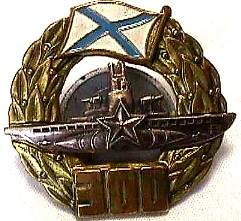
[LAB1]: The basic
NOT YET FULLY OPERATIVE
(slightly updated in June 2003)
Warning: These first five "Search challenges" are a prototype.
Therefore this is'nt yet a full-fledged searching lab.
Omnium rerum principia parva sunt:-)
This here is a "beta version" of what this lab should look like. Lab1 will open 'officially' only after having REALLY checked all possible paths and the relative "pedagogical" value of the challenges... this said, there's no reason you shouldn't already try your own hand at it if you feel like it... be warned if you want to try this lab, do not read the 'examples of possible solutions' until you'r done with your own attempts, else you'll spoil your own approach.
[1) mp3] [2) Text] [3) Text] [4) image] [5) file]
Please note that your Lab-assignement is to find THE MORE POSSIBLE DATA about each query target and to describe exactly all steps and paths you have followed. Use pencil and paper, you wont regret it... see the tips below.
